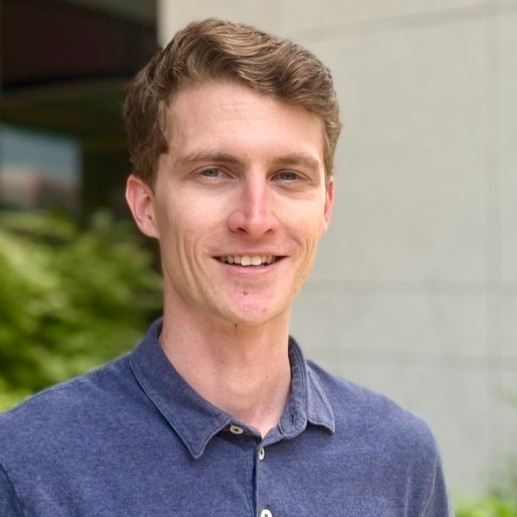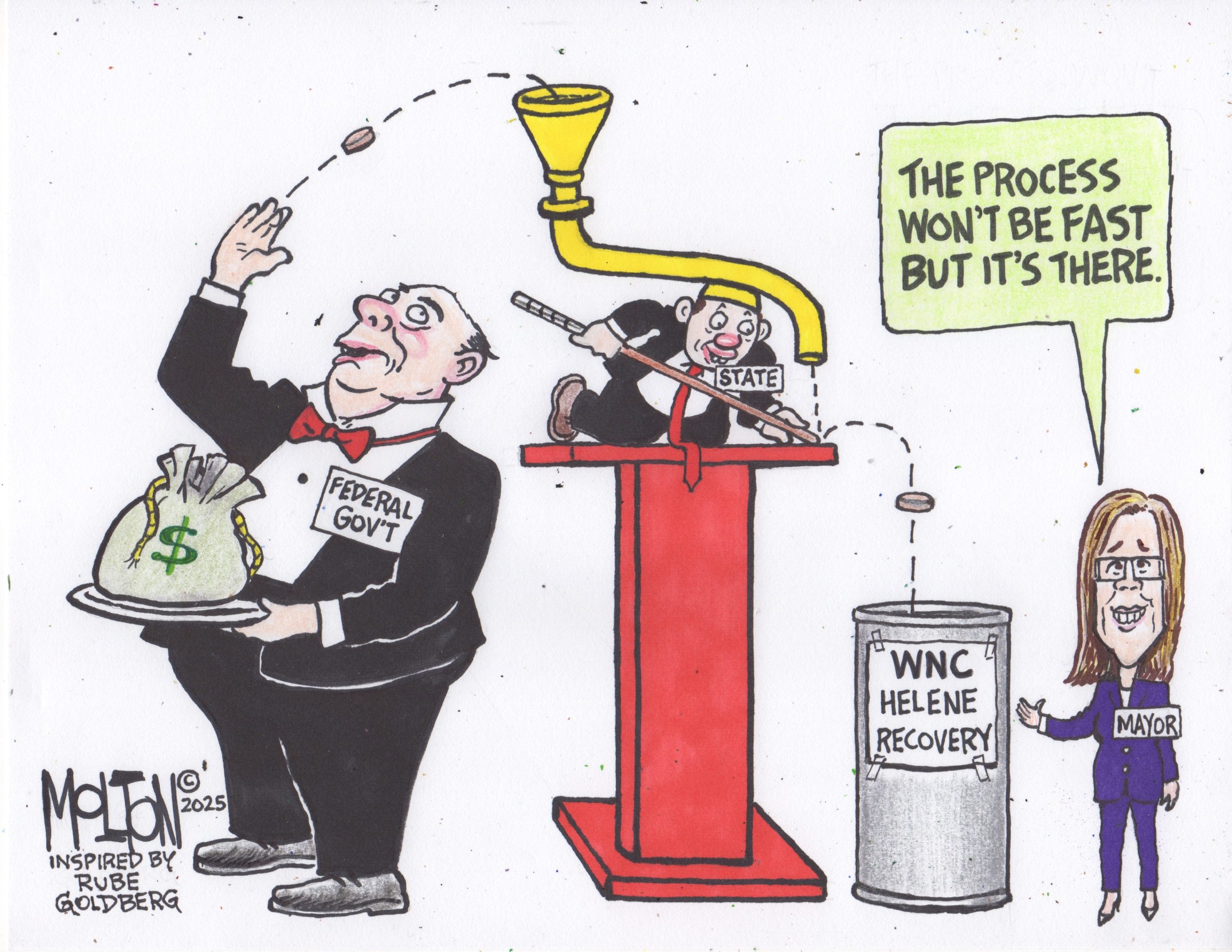Last month I had the opportunity to show up for the “Good Morning America” videotaping that focused on Asheville six months after Helene. While they did a great job of highlighting local organizations doing amazing work, the overall message of the program was that Asheville is open for tourism.
Unfortunately, Asheville needs so much more support than just the tourist sector, and focusing on tourism only increases the gentrification of the area, which pushes out longtime residents and the local artists and working-class folks behind the scenes on every level here. It was great that there were donations from major corporations to local organizations, but what about cleanup efforts along the river? Neighborhoods outside of the tourist district? Highlighting the City Council’s deer-in-headlights response to choosing a different path forward when it comes to making responsible choices around rebuilding efforts along the river and around town?
All of these issues are further exacerbated by UNC Asheville’s current decision to develop 45 acres of woods across the street from the Asheville Botanical Garden. It has designated these woods as a “millennial campus,” which would mean clear-cutting the entire area to develop it, without a real expressed need. The deforestation without a real plan is highlighted by their question to the public: “What expansion of university operations and/or development would you like to see on UNC Asheville’s designated Millennial Campus property?”
We’ve already lost 40% of our trees in Buncombe County, which is exacerbating fire risk and landslide risk, and UNCA’s response is to cut down more trees? Let’s be very clear: UNCA’s designated property is part of the state school system and therefore state land, owned and maintained by our taxes. UNCA has announced three “listening sessions” with students, faculty and the public with the above proposal, which presumes that the destruction of all 45 acres is inevitable. It is not.
We have an amazing opportunity right now as we rebuild, to make choices around how we want to see Asheville move forward. Will it continue to be developed until it’s unrecognizable? Until locals can no longer afford to live here? Until we have to drive long distances to be able to walk in these woods that we love dearly?
If we don’t speak up about how we want to see Asheville grow, then others will make the decisions for us.
Please come to the public hearing session on Wednesday, April 16, from 6:30-8 p.m., for the general public at the Blue Ridge Room in Highsmith Student Union on UNC Asheville’s campus. Attendees will be able to sign up for a three-minute opportunity to speak.
See you there?
— Jen Hyde
Asheville






